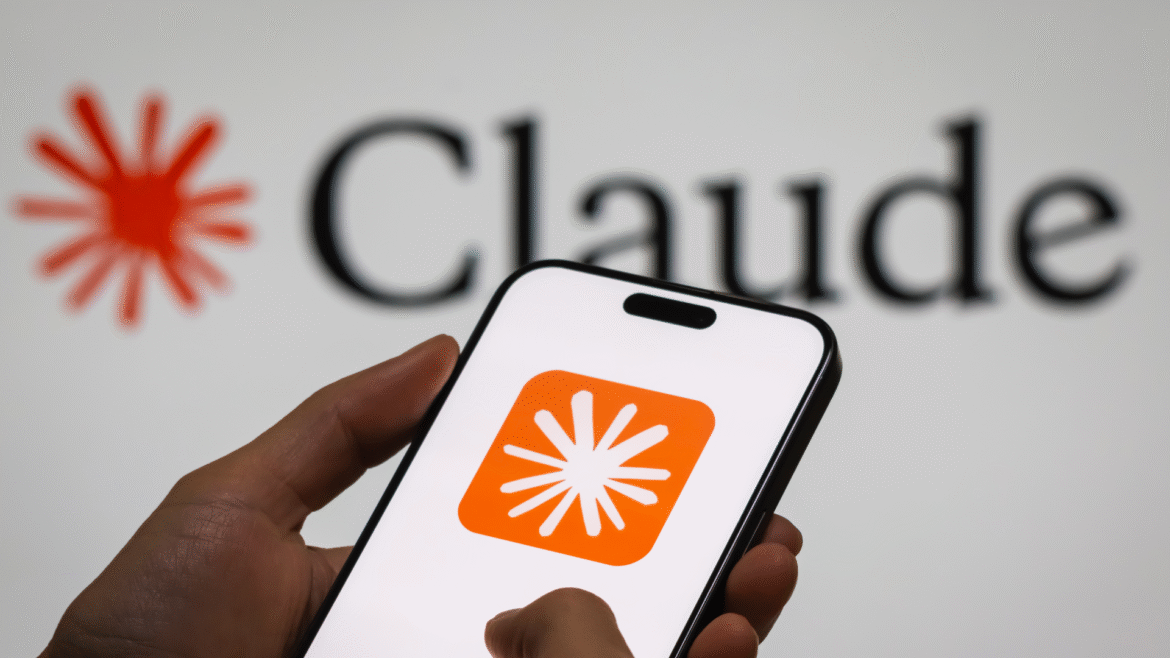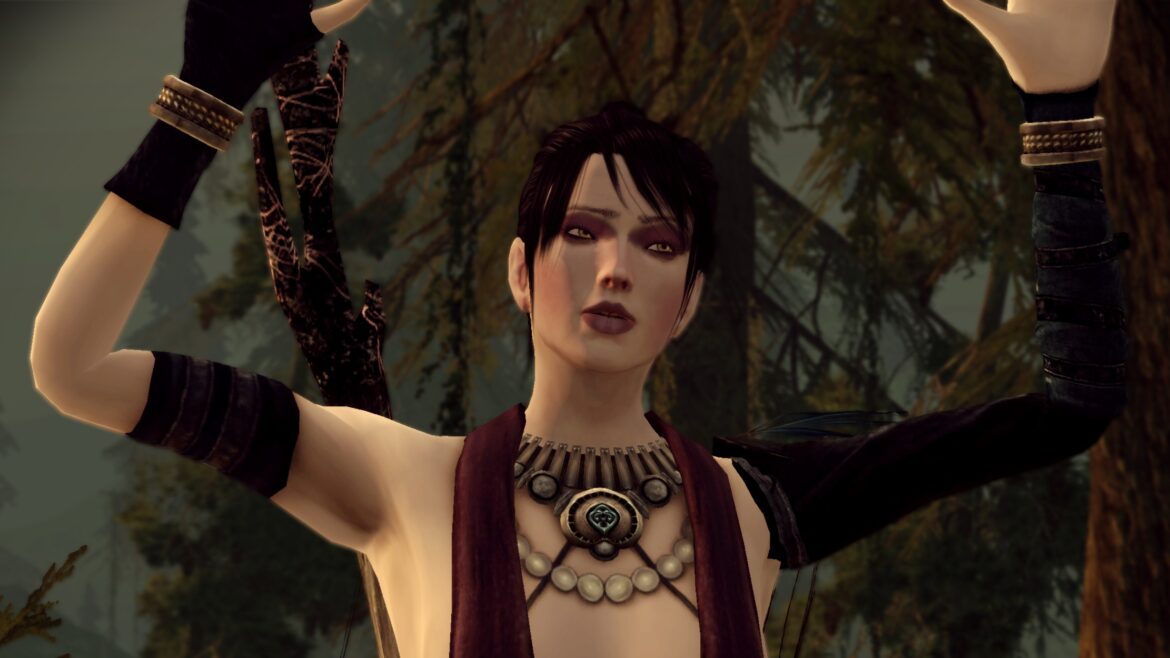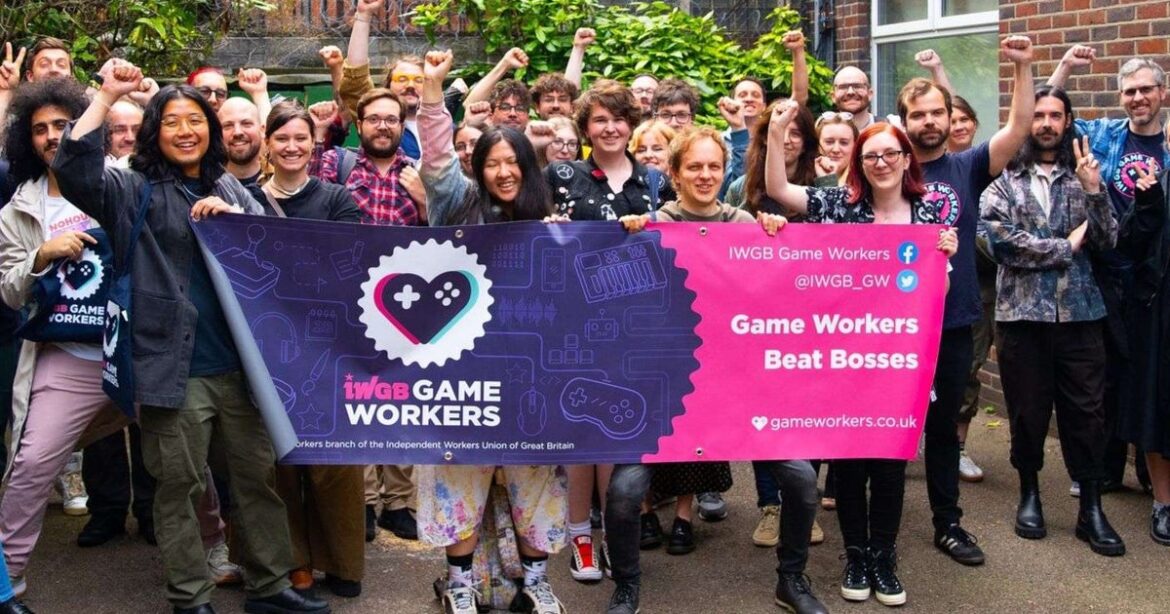As reported by the New York Times, AI company Anthropic has agreed to a $1.5 billion settlement in a groundbreaking copyright lawsuit involving some 500,000 authors. Anthropic illegally downloaded the authors’ books and used them to train its AI model. The total settlement for this case is the largest for any copyright case in U.S. history, although the payout to each affected author is only $3,000.
The lawsuit, filed in August 2024, accused Anthropic of benefiting from pirated copyrighted books, stating, “An essential component of Anthropic’s business model—and its flagship ‘Claude’ family of large language models (or “LLMs”)—is the largescale theft of copyrighted works.”
It goes on to highlight the harm being done to authors, which goes beyond the theft of their work: “Anthropic’s Claude LLMs compromise authors’ ability to make a living, in that the LLMs allow anyone to generate—automatically and freely (or very cheaply)—texts that writers would otherwise be paid to create and sell. Anthropic’s LLMs, which dilute the commercial market for Plaintiffs’ and the Class’s works, were created without paying writers a cent. Anthropic’s immense success is a direct result of its copyright infringement.”
Related articles
As a result of that copyright infringement, Anthropic has offered to pay $1.5 billion to settle the class action lawsuit before it goes to trial. This case sets a standard for the growing wave of copyright lawsuits against AI companies, but it isn’t as clear-cut as it might look. Judge William Alsup of the Northern District of California ruled that Anthropic is allowed to use copyrighted books to train its AI models if it obtains those books legally. The settlement is the result of pirating the books, not feeding them to an AI, which has been ruled “fair use.”
Additionally, the settlement Anthropic offered is a historically high sum, but it’s a miniscule bit of the company’s overall value, which sits at $183 billion at the time of writing. Earlier this week, Anthropic raised more money in a single round of funding than the entire settlement in this copyright case. Meanwhile, the $3,000 for each author impacted by the class action lawsuit is less than a typical book’s advance.
It’s also worth noting that $1.5 billion is actually far less than Anthropic could have potentially been ordered to pay if it hadn’t settled. Willful copyright infringement can result in fines of up to $150,000 per copyrighted work. The pirated data sets Anthropic used contained 7 million books. If Anthropic had been forced to pay the maximum amount for each count of copyright infringement, it could have been financial ruin for the AI company. Of course, the maximum possible fine would have been unlikely, but Anthropic still might have had to pay much more than it settled for.
This lawsuit against Anthropic is just one of several like it. Authors also have ongoing lawsuits with other AI companies, including Microsoft and OpenAI. Back in June, authors lost a similar lawsuit against Meta, but only because the judge ruled that they hadn’t offered enough evidence, stating, “This ruling does not stand for the proposition that Meta’s use of copyrighted materials to train its language models is lawful.”




